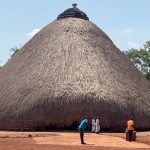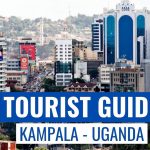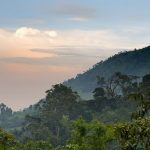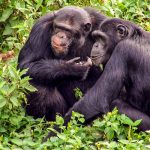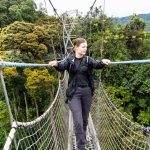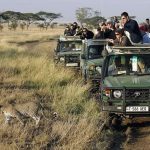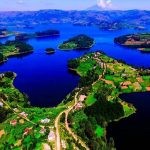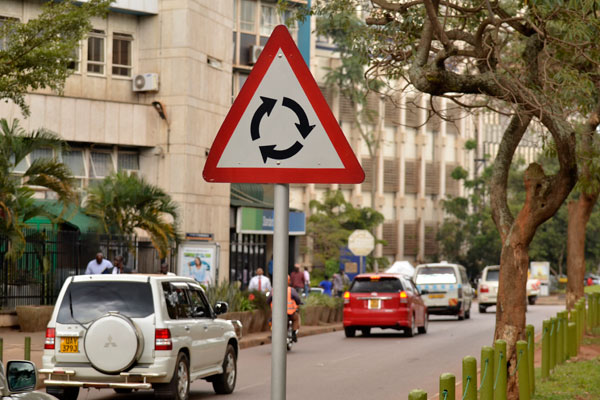2016 was not the first time that Theo vos had traveled to Karamoja. It was the first time that he felt brave enough to travel around and sleep with the warriors in the bush and explore the mountains freely by using my feet, motor bikes and cars without security.
“Ever since I started exploring the region and getting to know the natural beauty as well as the cultural wealth of my people, it has become an addiction to learn and document what I find.” Theo says.
After nine months, Theo flew back to The Netherlands and it was after he entered the plane, that he came to the realisation what kind of journey he had embarked on. Thousands of photos, hours of video and hundreds of stories to tell. He felt that he had started to build a relationship with Karamoja, something that – without realising – he had been longing for.
“Not only emotionally had I found myself a true home, but also in a professional way, I was able to start a new venture that combines my profession, my social entrepreneurial ambitions and learning about my culture.”
Theo (in blue) during one of his earlier visits to ancestral roots)
In March 2016, Kara-Tunga Arts & Tours was born and started the first tour operator that specialised in the combination of outdoor adventures and community tourism throughout the Karamoja region.
Soon after it started, Theo bumped into the the fact that various influential foreign countries didn’t allow it’s citizens to travel through the Karamoja region due to insecurities that occurred in the past like The Commonwealth Countries, United States of America, Canada, Australia and New Zealand.
“I started lobbying with Ugandan ambassadors and Tourism Associations, but their feedback was not pleasing. They have ever been putting efforts in positively impacting the image of the country and it’s a process that takes time they shared. So as the top-down solution was not as effective as I hoped, I decided to change the strategy and start from the grassroots.” He said.
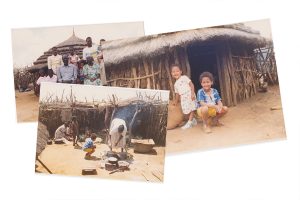 Theo realized that travellers had an incredibly large reach and traveling in its essence is a popular topic on social media. Soon after their guests spread their travel stories, Theo and his team saw an instant positive impact on the image. From simple reactions to exciting inquiries.
Theo realized that travellers had an incredibly large reach and traveling in its essence is a popular topic on social media. Soon after their guests spread their travel stories, Theo and his team saw an instant positive impact on the image. From simple reactions to exciting inquiries.
Through Kara-Tunga Travel, Theo is showcasing the Karamoja the media never shows you.
“This was the spark that ignited the Discover Karamoja project to positively impact the image of Karamoja through photography on social media (with hashtag #DiscoverKaramoja) and offline (with the Discover Karamoja book).
Kara-Tunga Tours says Karamoja is Uganda’s best kept secret. How exactly is it?1 response
Theo believes Karamoja is Uganda’s best kept secret because its secrets are intangible like the preserved cultural heritage with unique dressing, craftsmanship as iron melting, genius governing system, food preservation methods, pastoral culture and ancestral knowledge of herbal medicines and cultural ceremonies. On the other hand, Karamoja also has tangible secrets as wildlife and bird species that are endemic to Karamoja, lush mountain ranges, minerals (gold, limestone, marble) and oil.
“Only recently, Karamoja has been able to reveal its secrets. From colonial times up to only five years ago, Karamoja has been isolated. Under colonial rule, the region was a closed district and mobility restricted making it only accessible with a permit. During Amin’s reign the Karimojong people were suppressed and humiliated. In the eighties the Karimojong obtained guns that caused a tribal war for thirty years.” Theo explains.
For the last 12 months since Kara- Tunga Tours existed, its first focus has been developing community tourism and empowering the community to start village saving and loan groups and making arts and crafts. As a result, this community has been able to take all their children to school. Extra donations from tourists have been spend on buying school materials.
The initiative has established partnerships through Cross Cultural Foundation Uganda (CCFU) where it voluntarily have initiated Cultural Heritage Clubs at 7 Secondary Schools aimed at Preserving Cultural Heritage through Education and competition among each other, started a partnership with the Uganda Red Cross Society, aimed at equipping our staff with the skills to provide more safety during its activities.
It has also embarked on the Karamoja Tourism project aimed at developing and marketing the Karamoja region as an attractive tourist destination and Tour of Karamoja a new project In partnership with Bicycles for Humanity Karamoja, empowerment founding father Pat Montani and English former professional racing cyclist and present day Tour de France commentary Paul Sherwen which in October this year we will test-drive the route with the organising team and announce the dates for the first Tour of Karamoja taking place next year.
Discover Karamoja Book
Discover Karamoja book is a crowd sourced photobook aimed at positively impacting the image or Karamoja and raise funds to preserve one of East Africa’s last living Indigenous cultures.
“We are gathering the stories and photographs of exceptional friends of Karamoja that are going to make a difference by telling the true story; whether you’ve traveled through Karamoja and made stunning photos or have lived among the Karimojong people and have an experience you want to share with the world.” Theo explains.
He further says that by contributing to the Discover Karamoja Print Project, you will positively impact the image of the region and development as tourist destination to improve the livelihoods of the community.
The Discover Karamoja project is in two folds. One is the online project: #DiscoverKaramoja whereby photos and stories are collected with hashtag #DiscoverKaramoja and presented on the Discover Karamoja website and social media channels.
The second fold is the offline project- Discover Karamoja Photo Book which besides the production of the coffee-table book, the print project also has a continuous element in the form of limited printed postcards. Content creators are able to donate a photograph that if selected will be printed and sold as postcards.
Theo’s biggest challenge from the start was none of his team members had any experience in the business of tour operating so they have been doing everything with from our gut feeling.
The biggest impact Theo believes he has made so far, is that he has been able to create jobs, employ the youth and motivate our youth staff to study in tourism as we believe it will be a job for the future of the region.
Furthermore, the communities they have been involved in tourism activities have been able to save money and thereby build resilience through tourism and crafts.
“We have been able several globetrotters, international and local journalists that wrote feature stories about the region and our culture. And we have been able to enter travel guides where Karamoja has not been featured ever before.” Theo explains.
In 5 years time, Theo hopes that the Discover Karamoja project will not be necessary anymore in it’s present form. “I sincerely hope that in 5 years time, Karamoja will be known as a safe region with friendly people and rich in culture and and natural resources.” Theo says.
Like this story or have something to share? Email us on info@thisisuganda.org or connect with us on Facebook and Twitter.
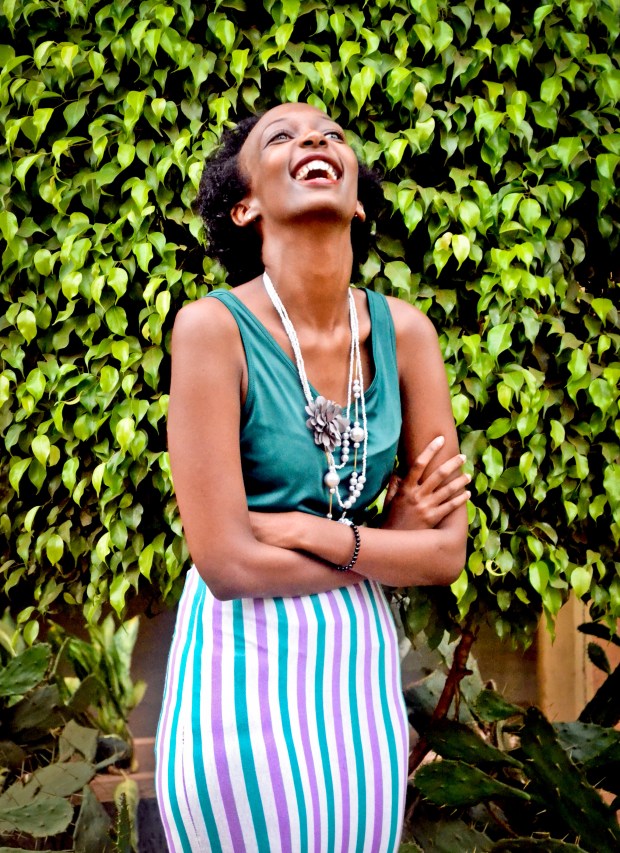 Wow that is lovely. Are your parents happy and supportive now that you’re not a journalist but into charity?
Wow that is lovely. Are your parents happy and supportive now that you’re not a journalist but into charity?
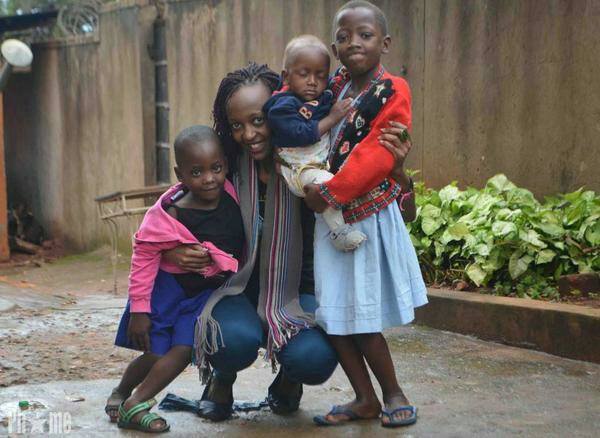
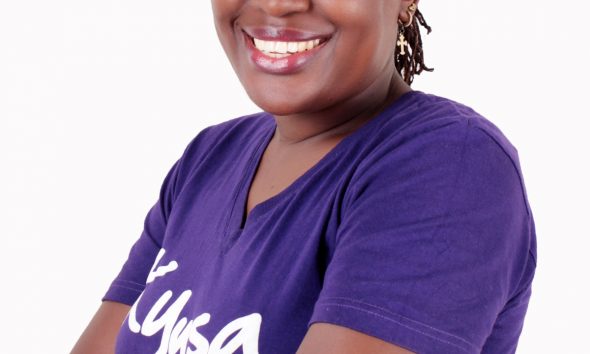
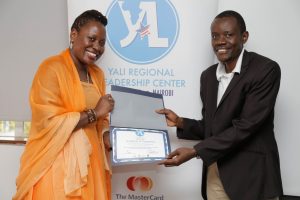

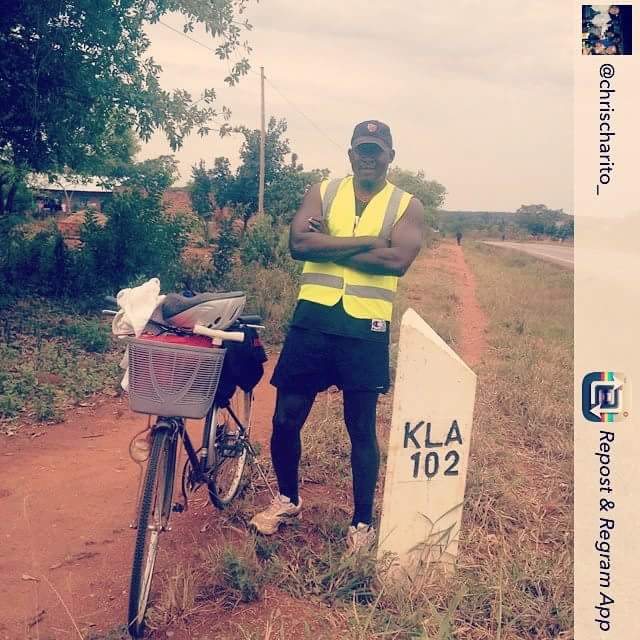
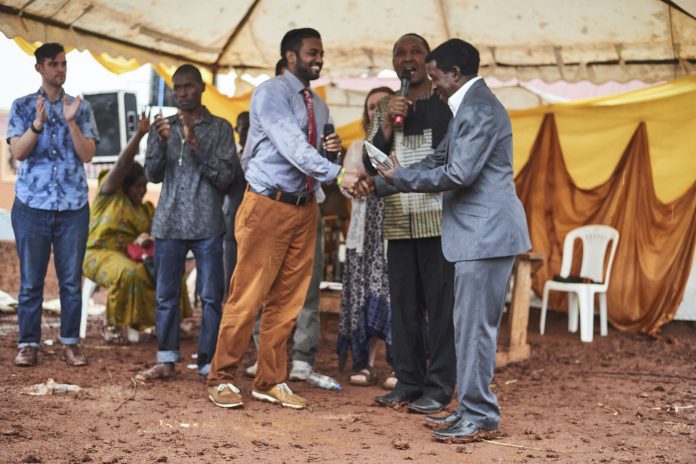
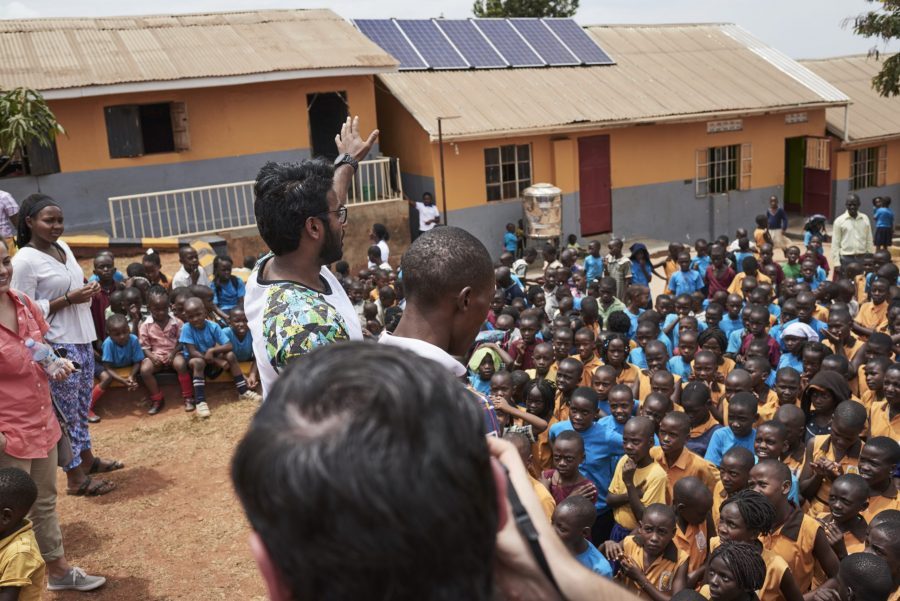
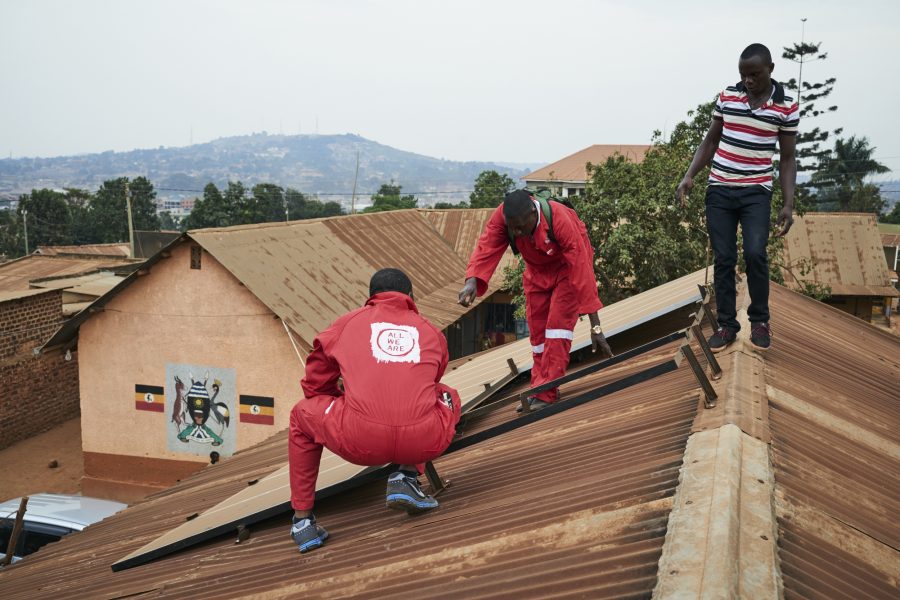
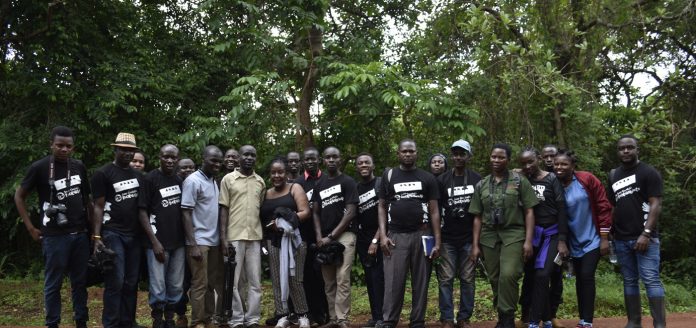
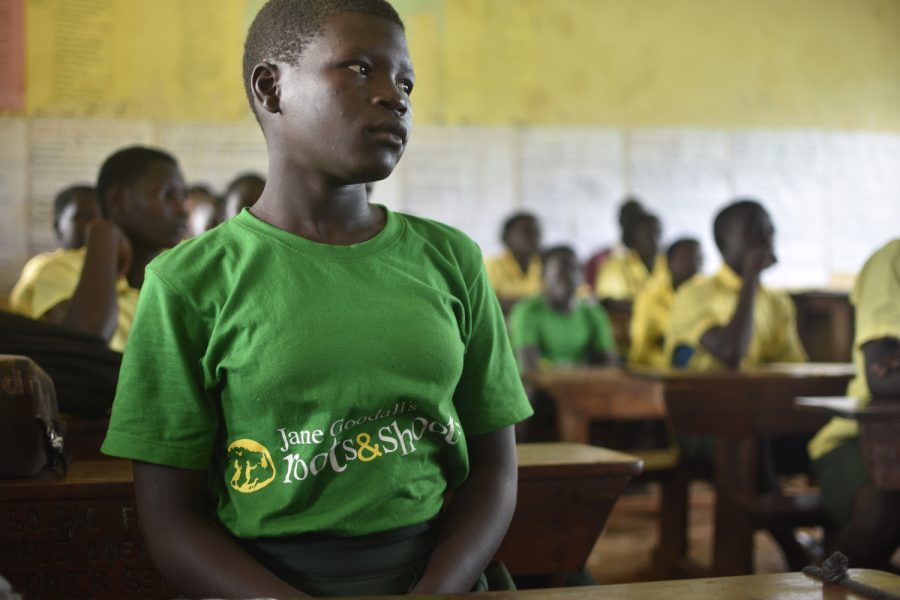


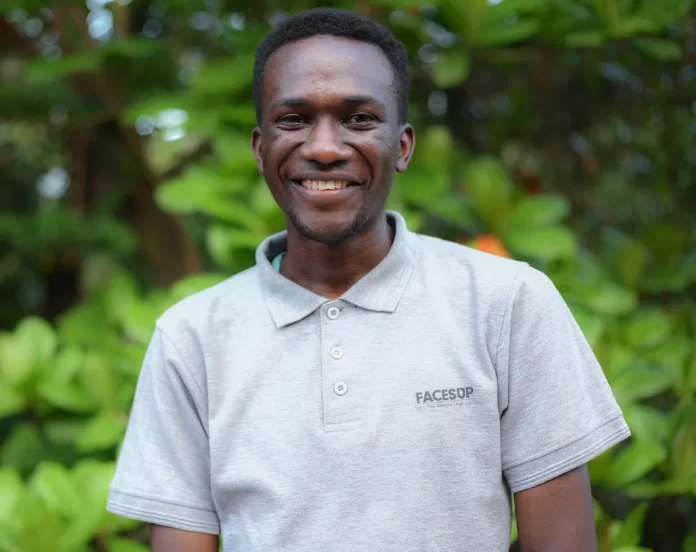


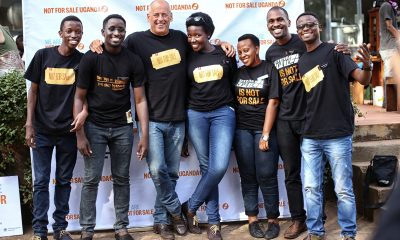
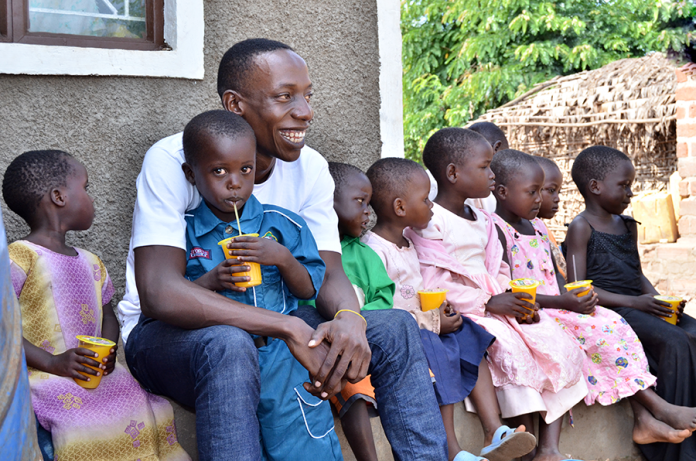


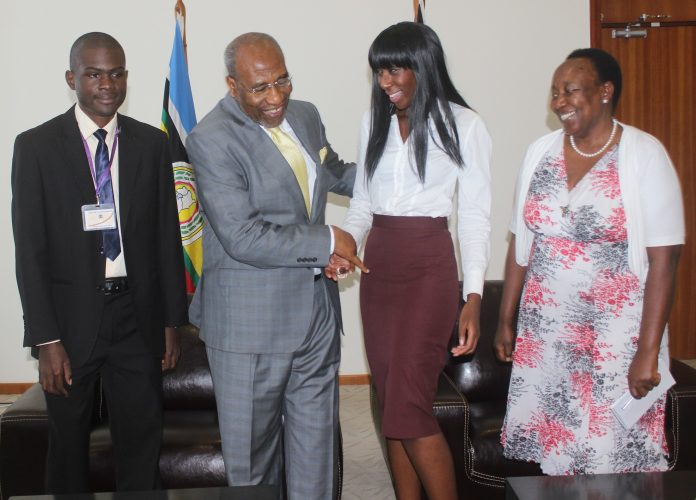
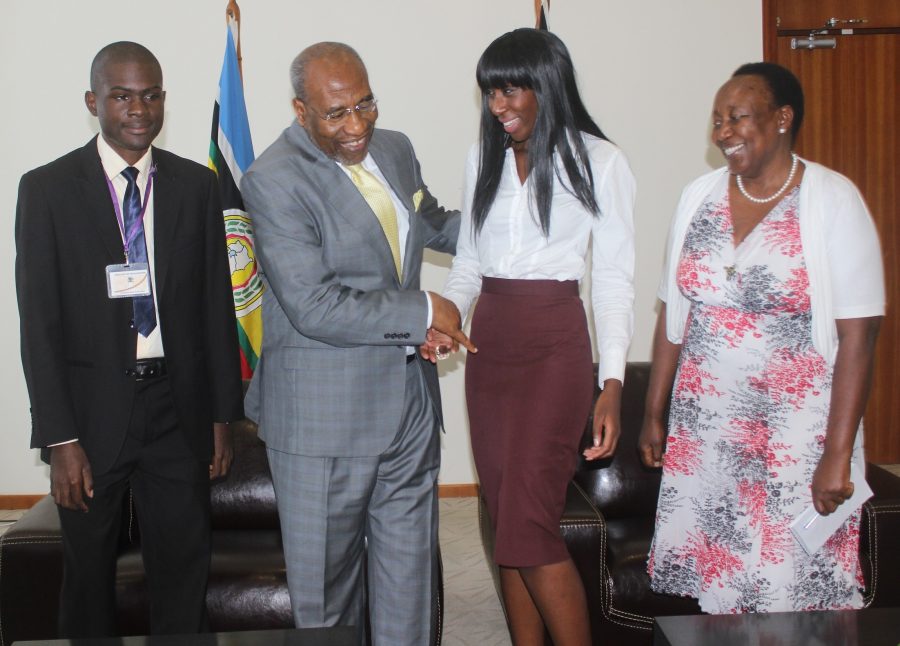 With the Right Honourable Ruhukana Rugunda, my Co-Founder and Chief Technology Officer (CTO) Richard Sseruwagi and Evace Kabahukya (OPM staff).
With the Right Honourable Ruhukana Rugunda, my Co-Founder and Chief Technology Officer (CTO) Richard Sseruwagi and Evace Kabahukya (OPM staff). Lucia Bakulumpagi- Wamala is transforming communities through access to renewable energy.
Lucia Bakulumpagi- Wamala is transforming communities through access to renewable energy.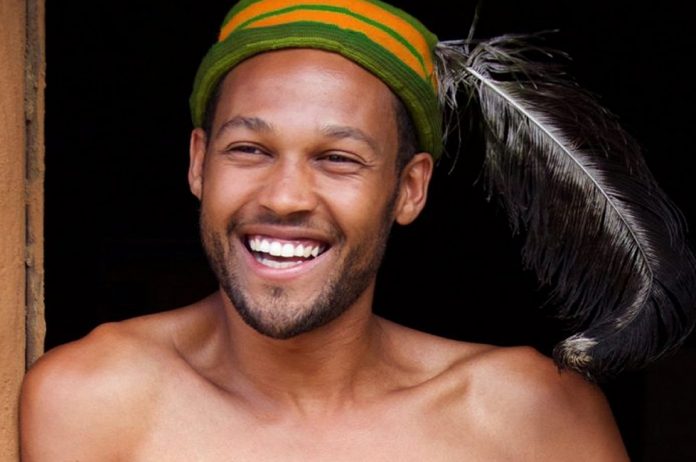
 Theo realized that travellers had an incredibly large reach and traveling in its essence is a popular topic on social media. Soon after their guests spread their travel stories, Theo and his team saw an instant positive impact on the image. From simple reactions to exciting inquiries.
Theo realized that travellers had an incredibly large reach and traveling in its essence is a popular topic on social media. Soon after their guests spread their travel stories, Theo and his team saw an instant positive impact on the image. From simple reactions to exciting inquiries.